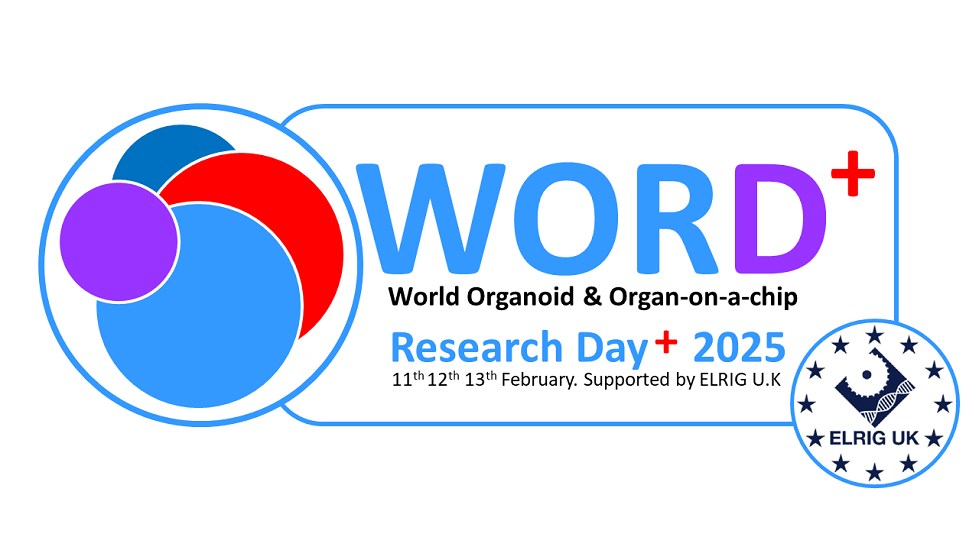Authors
J Tilman1; S Prime1;
1 Axol Bioscience, UK
Overview
Differentiated human induced pluripotent cell (hiPSC) lines, covering the central and peripheral nervous systems, the cardiovascular system and skeletal muscle of the human body can now be derived from patient blood cells and fibroblasts. These provide a scalable, human disease relevant source of material to develop models for phenotypic characterization and drug discovery.
Introduction
hiPSC obtained from patients with a variety of diseases such as Amyotrophic Lateral Sclerosis (ALS), Alzheimer’s disease and Parkinson’s disease offer a rich source of information for understanding mechanisms of disease and for the discovery of new treatments. Combined with micro physiological systems (MPS), hiPSC derived cells are able to mimic the relationship of human cell types in vivo, providing complex models of human disease in vitro.
Methods
Here we demonstrate the use of multiple different MPS platforms with several human iPSC derived neuronal cell types to build models of human neurodegenerative disease and pain. Targeted and established biocompatibility enables methodologies for measuring cell-to-cell interactions via multimodal endpoints, including immunocytochemistry, cytokine release, neurite outgrowth and Multi-Electrode Array (MEA).
Results
Using the forementioned cell models, a range of complex systems have been developed, such as the generation of neuromuscular junctions (NMJ) with iPSC derived skeletal muscle and motor neurons in both 2D or 3D scaffold microphysiological systems for studying specific disease relevant targets in ALS and also simple monoculture systems using motor neurons or sensory neurons for axotomy or pain / itch drug discovery.
Conclusion
The compatibility of iPSC derived neuronal cell types with multiple MPS platforms is key to the success of establishing complex biological interactions between the cell types. We outline here a variety of key and critical parameters identified for creating a successful culture within the MPS platforms using iPSC generated cell types.

